Resources
Whether you are a volunteer in a club or managing a national project, our resources help you to engage more disabled people in sport and activity. Use the filter function to search by topic and find guidance and resources from Activity Alliance.
Found 26 resources.
-
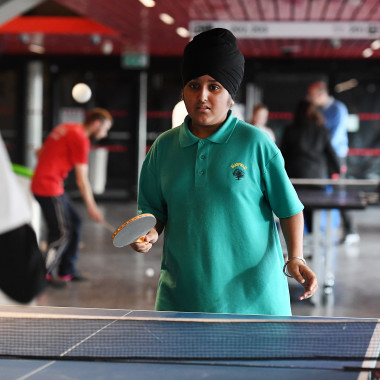
Access for All: Opening Doors
A guide to support your sports club to improve physical access for disabled people.
-
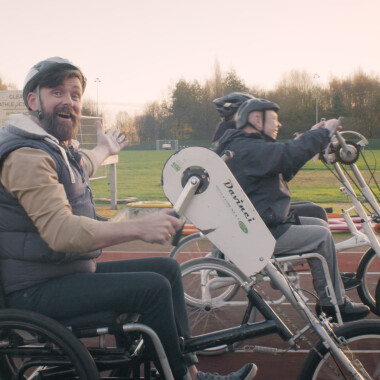
Activity Alliance Ten Principles
This video resource provides an introduction to Activity Alliance's ten principles. These principles support sport and leisure providers to deliver more appealing and inclusive opportunities for disabled people.
-
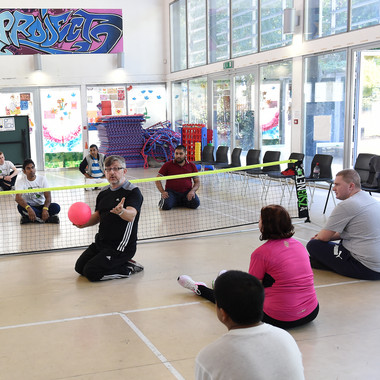
Activity Cards
Helping you to deliver inclusive, engaging and fun sessions with Activity Alliance activity cards.
-
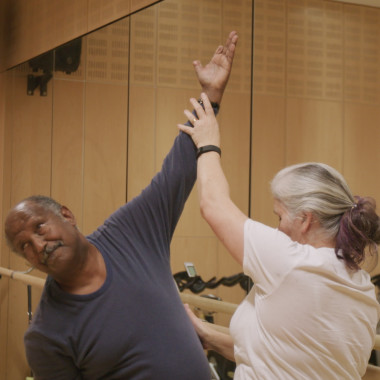
Being Active Guide
An everyday guide for disabled people and people with long-term health conditions about the benefits of being active and information on how to get started.
-
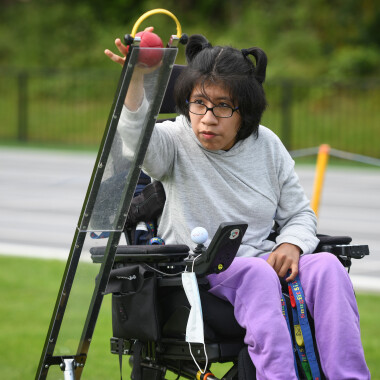
Effective engagement factsheets
Series of engagement factsheets support sport and activity providers to think about the ways they include disabled people. From planning opportunities to measuring impact, these resources help organisations embed inclusive practice and engage more disabled people to be active.
-
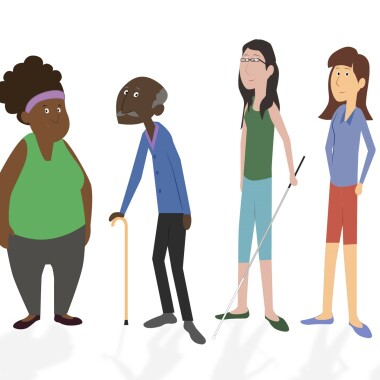
Engaging disabled people in sport and activity film
This animation brings the principles of engaging disabled people in sport and activity to life in an informative short film.
-
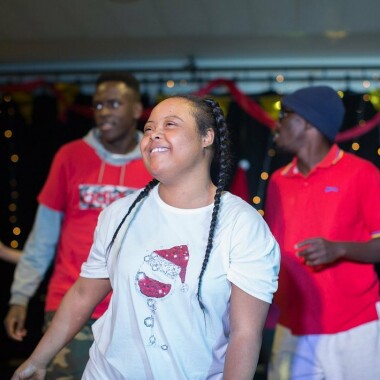
Get Out Get Active inclusive workforce practices
Created using research and insight from Get Out Get Active partner, Haringey Council, this resource outlines 10 ways organisations providing physical activity, can create an inclusive workforce for disabled people.
-
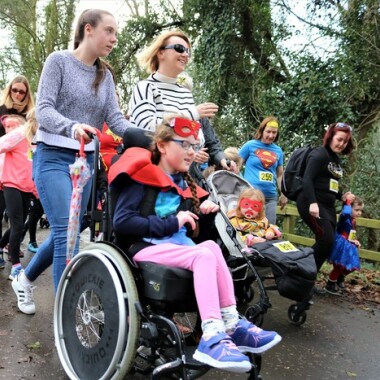
Get Out Get Active learning resources part 1: What?
This series of learning resources shares the What? Who? How? and What next? from our successful Get Out Get Active programme. Part 1 focuses on 'What? - Get Out Get Active supporting healthier, happier and more active lives'.
-
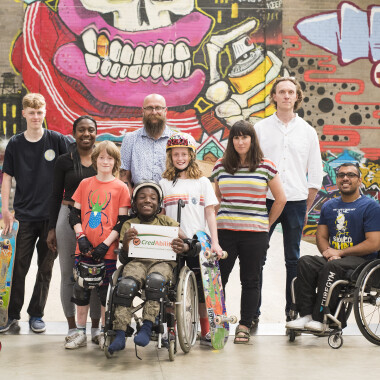
Get Out Get Active learning resources part 2: Who?
This series of learning resources shares the What? Who? How? and What next? from our successful Get Out Get Active programme. Part 2 focuses on 'Who? - A programme with people and partnerships at its heart'.
-
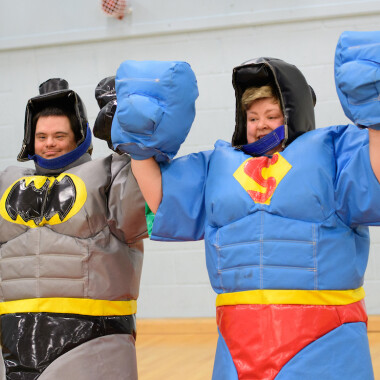
Get Out Get Active learning resources part 3: How?
This series of learning resources shares the What? Who? How? and What next? from our successful Get Out Get Active programme. Part 3 focuses on 'How? - A new approach to inclusive activity for all'.
-
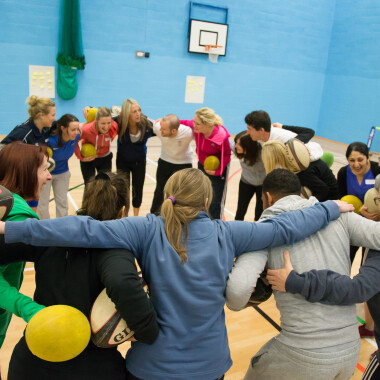
Get Out Get Active learning resources part 4: What next?
This series of learning resources shares the What? Who? How? and What next? from our successful Get Out Get Active programme. Part 4 focuses on 'What next? - Investing in the future of inclusive activity'.
-
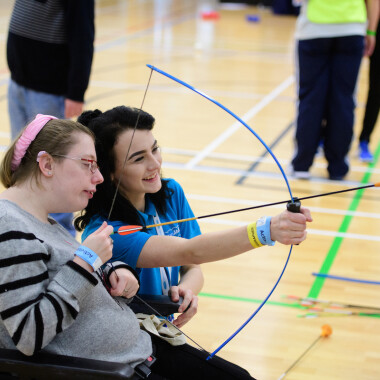
Get Out Get Active: Top tips for setting up a deliverers' network
This resource shares learning and top tips from our GOGA partners in Nottingham on how to set up a network for physical activity deliverers.